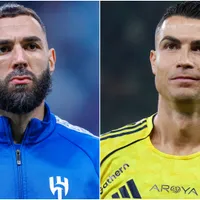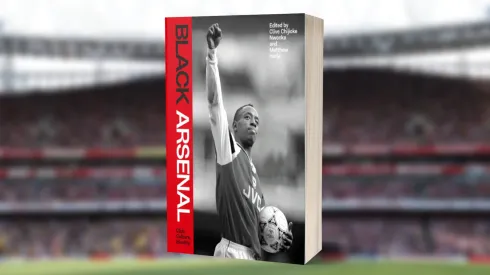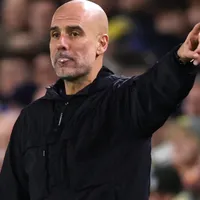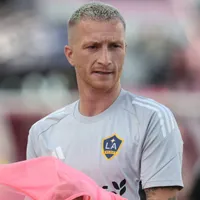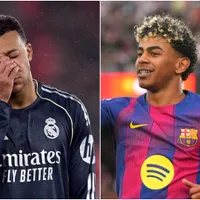Dr Clive Chijioke Nwonka and Matthew Harle’s much-anticipated new book, Black Arsenal: Club, Culture, Identity, can be essential. In what already feels like a vital, seminal text, Black Arsenal weaves together insight from professors, artists, fans, coaches, photographers, ex-players, and journalists alike, in charting Arsenal Football Club’s pioneering relationship with Black British culture in the twentieth and twenty-first centuries.
The book foregrounds Arsenal football club in prescient, fascinating accounts and discussions of contemporary British culture. Time and time again, the book details how Arsenal Football Club has been a cultural touchstone. People have felt at home within a fan base and felt represented by their heroes on the pitch. The book seeks to commemorate and explore how Arsenal has been, and remains, a place where Black Britishness can be celebrated.
Black Arsenal uses excellent contributions from Arsenal icons like Ian Wright, Paul Davis, Amy Lawrence, and Clive Palmer. In doing so, the book highlights, beyond equivocation, that football is not just a microcosm that responds to and mimics wider cultural norms. Instead, football is the culture. The book employs decades of research to highlight that wider society has a firm eye on the terraces. That perfectly conveys how huge, necessary, progressive, societal change can come from football’s undeniable incubator of influence.
Black Arsenal identifies the best and worst in soccer fandom
However, to this end, Black Arsenal highlights how this relationship can go two ways. The book “does not claim that Arsenal has a model relationship to Black identity.” Soccer, more generally, still has a lot of work to do. At grounds all over the country, and even in my beloved Clock End, you still hear echoes of discrimination. Misogynistic, xenophobic or homophobic chants pop out on rare occasions. Moreover, as the book details, it feels ever-harder for meaningful culture to win out in the hyper-sanitized, hyper-capitalistic product that Premier League football has become.
But, through Black Arsenal, Dr. Clive Chijioke Nwonka and Matthew Harle have re-injected meaning and hope into the broader discussion of the fan-club relationship. I would love to see a ‘domino effect’ in which similar texts are produced about the urgent, sensitive, complicated, beautiful relationship. Football clubs have broader socio-cultural subjects and identities.
At its heart, this book is a reminder of just how much football matters to people. It is significant for the game to let people feel seen and heard in their authentic selves. It is a fascinating historical study of the people, events, and moments. These lead to a culture being born and consolidated. “By accident and design, Arsenal led the way” in instilling a culture of inclusivity and progressivity.
Arsenal stands as a beacon for society
If the poignant, necessary sentiment of the book needed any further stressing, Black Arsenal opens with a beautiful dedication to legends David Rocastle and Kevin Campbell. A message reads “You did so much for us.” In just six words, a timeless, essential spirit is captured; footballing Gods like Rocastle and Campbell did so much for the game we love, but also for the day-to-day experiences of the fans who adored them. Especially those who see a piece of themselves in these heroes, and in the people surrounding them on the terraces.
I wholeheartedly recommend this book. That applies to anyone with a passing interest in soccer, or, indeed, in culture. To be fair, it is hard to disentangle the two.
PHOTOS: IMAGO.

